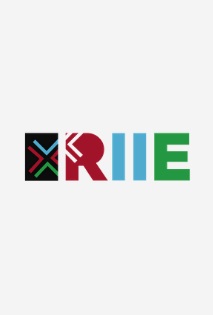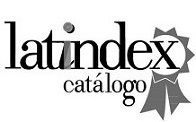Comprehensive Sexual Education and Childhood: issues raised in brazilian studies within the Latin Caribbean context
DOI:
https://doi.org/10.30972/riie.13165756Keywords:
Latin America and the Caribbean - Brazilian Early Childhood Education - Comprehensive Sexual Education - ChildhoodAbstract
Comprehensive Sexual Education (CSE) is not a recurring term within current studies in the area of Sexual Education in Brazil. In terms of the RIIE proposal’s initiative, this essay-based study problematizes CSE in Brazilian Early Childhood Education; in the first place, by trying to understand why the terminology/ conceptualization/methodology (education policies and actions) are absent in national productions. The argumentative answers to the problematization are found in the historical rescue of the extinct RCNEI of the 1990s, which can be considered a CSE policy. As a guideline, this paper postulates that one of the ways of reflecting upon the “problematization” of Brazilian studies is to think about the foundations of Comprehensive Education as one of the first actions on Childhood Education within the context of Latin America and the Caribbean (LA and Ca). The study concludes by advocating for a greater dialogue/partnership of Brazilian researchers with researchers of research centers in LA and the Ca, including the active coordination with social movements and political parties from Brazilian cities to the State and the federal levels, so as to formulate public policies on CSE in Early Childhood Education.Downloads
Download data is not yet available.
Downloads
Published
2021-12-16
How to Cite
da Silva, C. R. (2021). Comprehensive Sexual Education and Childhood: issues raised in brazilian studies within the Latin Caribbean context. Revista Del Instituto De Investigaciones En Educación, 12(16), 134–150. https://doi.org/10.30972/riie.13165756
Issue
Section
Ensayos de reflexión teórica
License
Aquellos autores/as que tengan publicaciones con esta revista, aceptan los términos siguientes:
- Los autores/as conservarán sus derechos de autor y garantizarán a la revista el derecho de primera publicación de su obra, el cuál estará simultáneamente sujeto a la Licencia de reconocimiento de Creative Commons que permite a terceros compartir la obra siempre que se indique su autor y su primera publicación esta revista.
- Los autores/as podrán adoptar otros acuerdos de licencia no exclusiva de distribución de la versión de la obra publicada (p. ej.: depositarla en un archivo telemático institucional o publicarla en un volumen monográfico) siempre que se indique la publicación inicial en esta revista.
- Se permite y recomienda a los autores/as difundir su obra a través de Internet (p. ej.: en archivos telemáticos institucionales o en su página web) antes y durante el proceso de envío, lo cual puede producir intercambios interesantes y aumentar las citas de la obra publicada. (Véase El efecto del acceso abierto).






.jpg)




